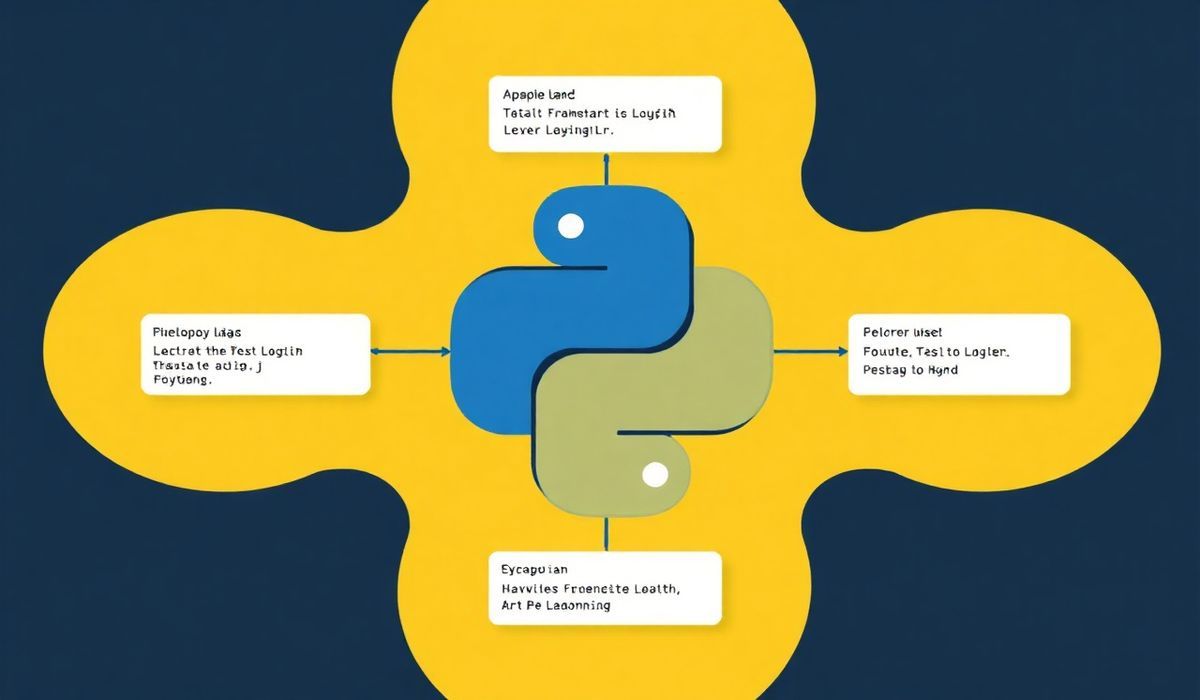Master the Power of Traitlets in Python for Flexible Configurations and Dynamic Behaviors
Traitlets is a lightweight library in Python that enables the creation of dynamic and configurable objects through the use of typed attributes. Originally developed as part of the IPython project, it plays a crucial role in applications like Jupyter notebooks. With its validation, default value, and event-handling capabilities, Traitlets is a powerful tool for managing object behaviors. In this blog, we’ll deep dive into Traitlets, explore dozens of APIs with code examples, and wrap things up with an application example using the introduced tools.
Core Features of Traitlets
Traitlets provides several core features including:
- Type validation.
- Dynamic value change notification.
- Default values and context-aware configurations.
- Integration with CLI configurations.
Installing Traitlets
Install Traitlets using pip:
pip install traitlets
Core APIs in Traitlets
1. Using the HasTraits Class
The HasTraits class is the foundation for creating objects with traits. It allows you to define attributes (traits) with built-in type validation and behavior control.
from traitlets import HasTraits, Int, Unicode
class User(HasTraits):
name = Unicode(default_value="Guest")
age = Int(default_value=0)
user = User(name="Alice", age=25)
print(user.name) # Output: Alice
print(user.age) # Output: 25
2. Trait Validation
You can enforce strict types for attributes (traits) and ensure valid data assignment.
from traitlets import HasTraits, Int
class Account(HasTraits):
balance = Int()
account = Account()
account.balance = 100 # This works fine
account.balance = "invalid" # Raises TraitError: expected int, got str
3. Observe Trait Changes
With the @observe decorator, you can monitor changes to traits and trigger specific actions.
from traitlets import HasTraits, Int, observe
class Counter(HasTraits):
count = Int()
@observe('count')
def report_change(self, change):
print(f"Count changed from {change['old']} to {change['new']}")
counter = Counter()
counter.count = 1 # Output: Count changed from 0 to 1
counter.count = 2 # Output: Count changed from 1 to 2
4. Setting Default Values
You can specify default values for traits easily.
from traitlets import HasTraits, Int
class Config(HasTraits):
retries = Int(default_value=3)
config = Config()
print(config.retries) # Output: 3
5. Custom Validation with validate_
You can define custom validations for your traits using the validate_[traitname] mechanism.
from traitlets import HasTraits, Int, TraitError
class PositiveValue(HasTraits):
value = Int()
def validate_value(self, proposal):
if proposal['value'] < 0:
raise TraitError("Value must be positive!")
return proposal['value']
obj = PositiveValue()
obj.value = 10 # This works fine
obj.value = -1 # Raises TraitError: Value must be positive!
6. Dynamically Link Traits Between Objects
Traits can be dynamically linked using link and dlink.
from traitlets import HasTraits, Int
from traitlets.config import link
class A(HasTraits):
value = Int()
class B(HasTraits):
value = Int()
a = A(value=10)
b = B()
link((a, 'value'), (b, 'value'))
a.value = 20
print(b.value) # Output: 20
7. Using Containers
Traitlets supports containers such as List, Dict, and Tuple with their own type enforcement mechanisms.
from traitlets import HasTraits, List
class ShoppingList(HasTraits):
items = List()
shop = ShoppingList(items=['Apples'])
print(shop.items) # Output: ['Apples']
Application Example: A Simple Configurable Timer App
Here is an example of how Traitlets can be used in a simple timer application with configurable countdown and notifications.
from traitlets import HasTraits, Int, observe
import time
class TimerApp(HasTraits):
countdown = Int(default_value=10)
@observe('countdown')
def on_countdown_change(self, change):
print(f"Timer set to {change['new']} seconds.")
def start(self):
print("Starting the countdown!")
for i in range(self.countdown, 0, -1):
print(f"{i}s remaining...")
time.sleep(1)
print("Time's up!")
app = TimerApp()
app.countdown = 5 # Set the countdown time dynamically
app.start()
Conclusion
Traitlets is a lightweight yet powerful library for building configurable Python applications with strict attribute validation and behavior control. Its integration with the Python ecosystem makes it an indispensable tool for data scientists, developers, and anyone building dynamic Python applications.
Give Traitlets a try in your next project, and watch how it makes your code more modular, testable, and powerful!




